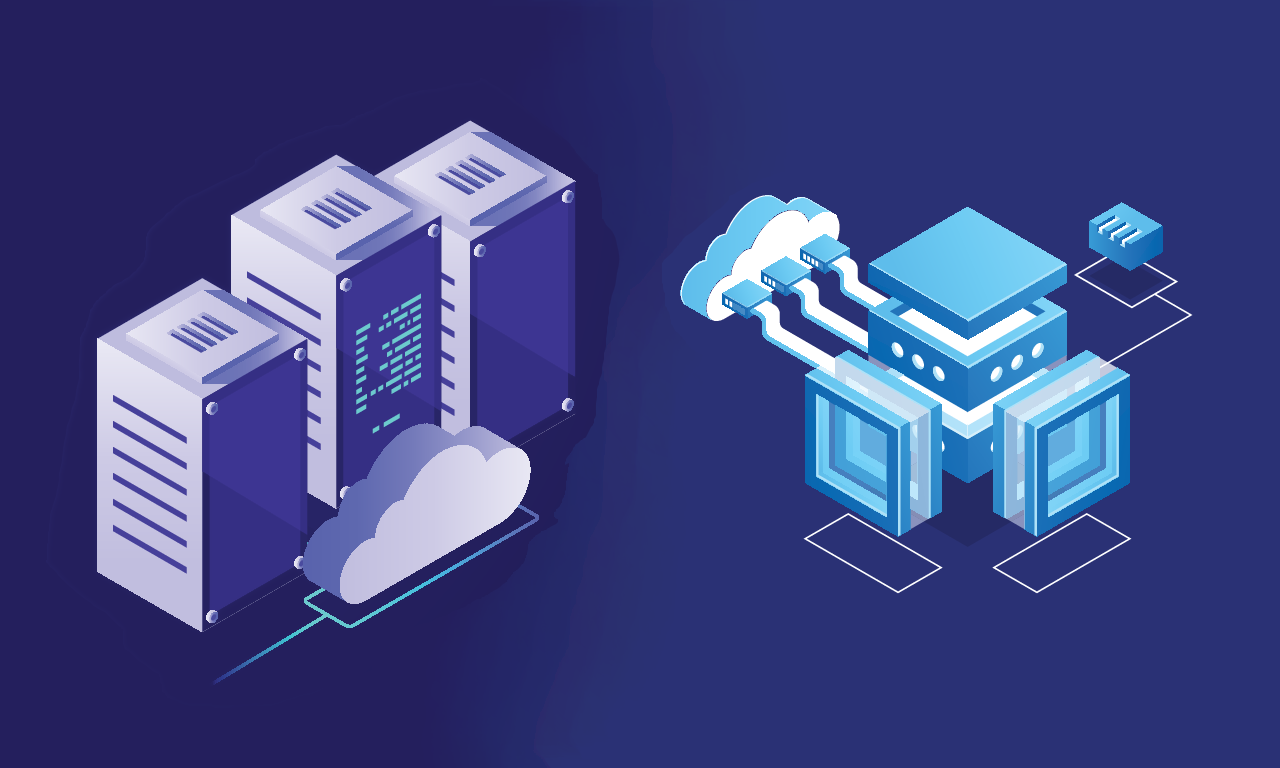When it comes to hosting your website or application in the cloud, the choices can be overwhelming. Two popular options are using containers and instances. Understanding the differences between these can help you make the best decision for your business, especially if you’re not a technical expert. At Bonilla.Tech, we specialize in guiding businesses like yours through these decisions, ensuring you get the best setup for your needs.
Understanding Containers and Instances
Containers:
- What They Are: Containers are lightweight, portable units that package an application and its dependencies together. This ensures that the application runs consistently across different computing environments.
- When to Use: Ideal for modern, scalable applications that require fast deployment and easy updates. Think of containers as compact, efficient packages that can be quickly replicated and scaled as needed.
Instances (Virtual Machines):
- What They Are: Instances, often referred to as virtual machines (VMs), are more like traditional servers. They include an entire operating system along with the application and its dependencies.
- When to Use: Suitable for applications that require a more isolated and customizable environment. Instances are essentially fully-fledged computers running within another computer.
Comparing Containers and Instances for Different Scenarios
1. Hosting a WordPress Website
-
Using Containers:
- Advantages:
- Scalability: Easily scale your website to handle traffic spikes.
- Consistency: Ensures your WordPress setup runs the same way across different environments (development, testing, production).
- Efficiency: Requires fewer resources compared to instances, leading to cost savings.
- Disadvantages:
- Complexity: Setting up and managing containers can be complex without technical expertise.
- Limited Customization: Less flexibility in modifying the underlying environment compared to instances.
- Advantages:
-
Using Instances:
- Advantages:
- Isolation: Each instance operates independently, providing strong isolation and security.
- Customization: More control over the server environment, which can be tailored to specific needs.
- Simplicity: Easier to understand and manage for those familiar with traditional hosting.
- Disadvantages:
- Resource-Intensive: Requires more resources, which can lead to higher costs.
- Scalability: Scaling can be slower and more cumbersome compared to containers.
- Advantages:
2. Hosting a Custom-Built Application
-
Using Containers:
- Advantages:
- Agility: Fast deployment and updates, making it ideal for development and continuous integration.
- Portability: Consistent operation across different cloud providers or on-premise environments.
- Resource Efficiency: Optimal use of resources, reducing overhead costs.
- Disadvantages:
- Learning Curve: Requires knowledge of container orchestration tools like Kubernetes.
- Networking: Complex networking setup can be challenging to manage.
- Advantages:
-
Using Instances:
- Advantages:
- Full Control: Complete control over the environment, including the operating system and configurations.
- Robustness: Better suited for applications that need a stable, unchanging environment.
- Legacy Support: Ideal for applications that may not be designed for modern containerization.
- Disadvantages:
- Slower Deployment: Takes longer to deploy and update applications compared to containers.
- Higher Costs: More expensive in terms of resources and maintenance.
- Advantages:
Why Business Decision-Makers Should Care
Understanding the difference between containers and instances helps you make informed decisions about your hosting strategy. This knowledge ensures that your website or application runs efficiently, scales effectively, and remains cost-effective. By knowing the advantages and disadvantages of each option, you can better communicate your needs to your IT team or provider.
At Bonilla.Tech, we can help you navigate these choices, ensuring that you get the best solution tailored to your specific needs. Whether it’s a WordPress site that needs to handle high traffic seamlessly or a custom application that requires a robust and flexible environment, we’ve got you covered. Reach out to us to learn more about how we can optimize your cloud hosting setup.

